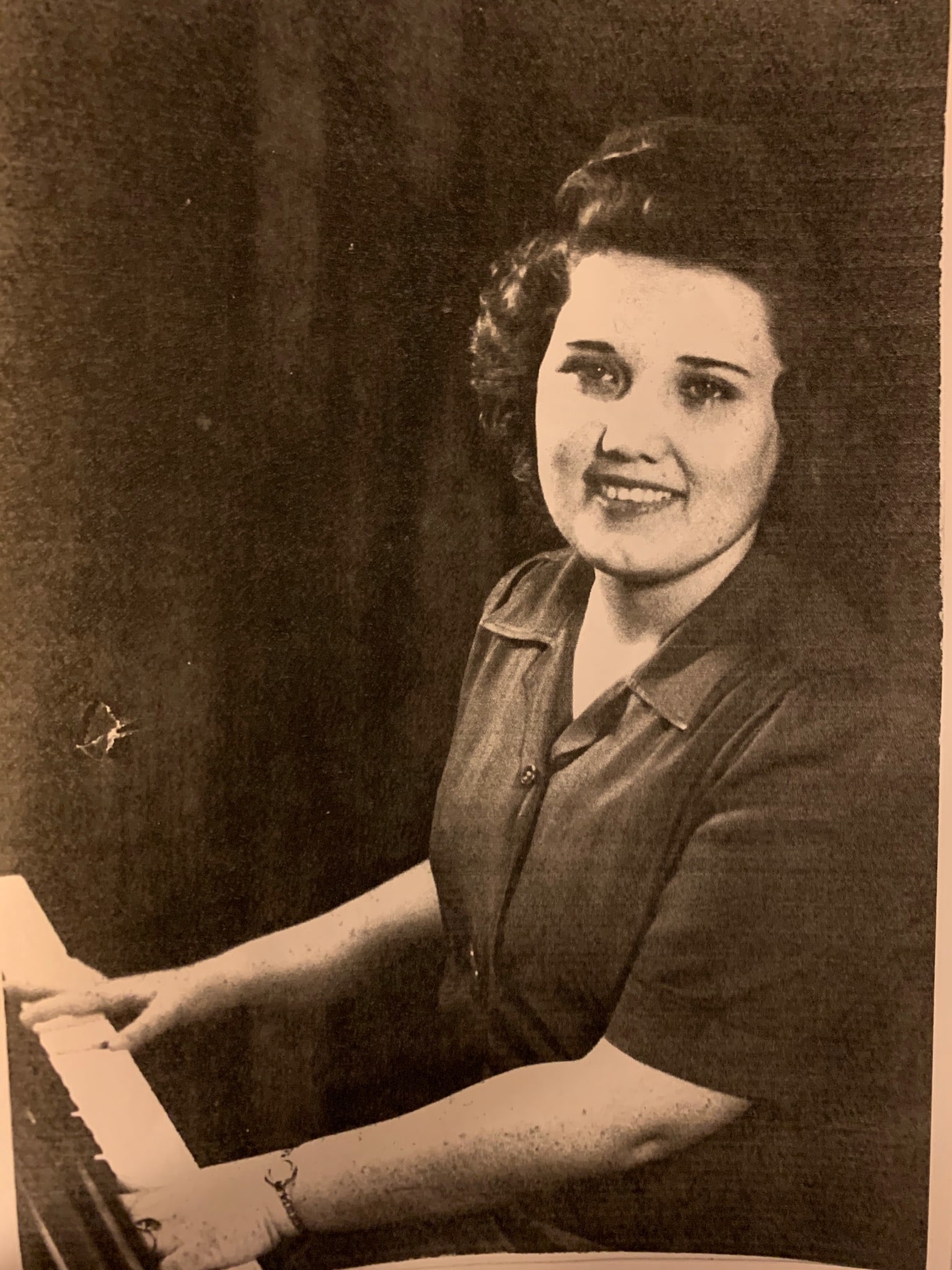
The Medicare program (Title XVIII of the Social Security Act) provides hospital insurance (HI), also known as Part A coverage, and supplementary medical insurance (SMI), also known as Part B coverage. Free HI coverage (a/k/a Premium-free Part A) is automatic for persons with insured status (those eligible for Social Security benefits) aged 65 and older […]







